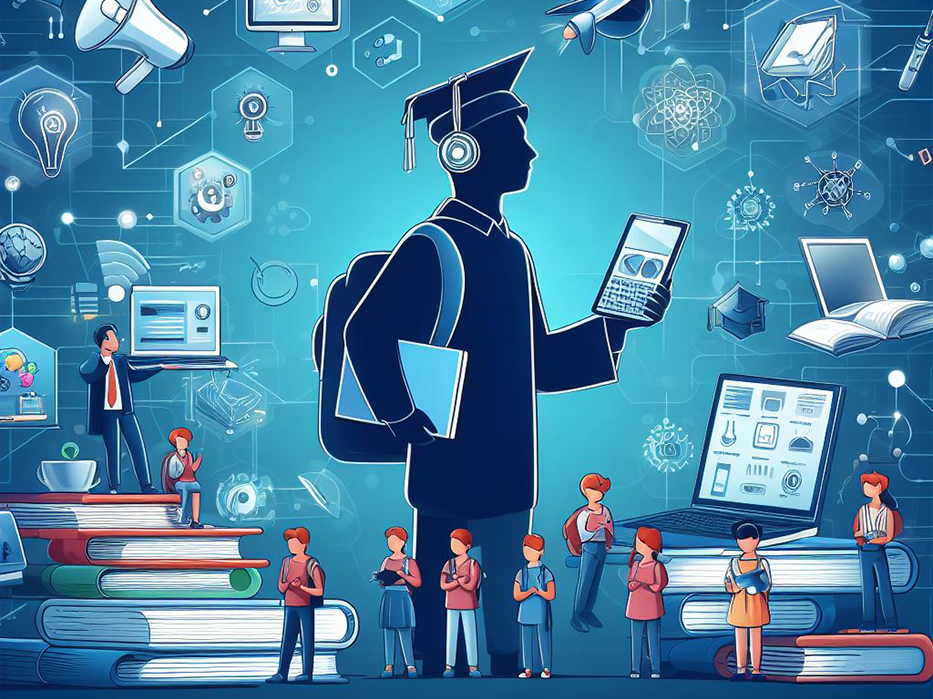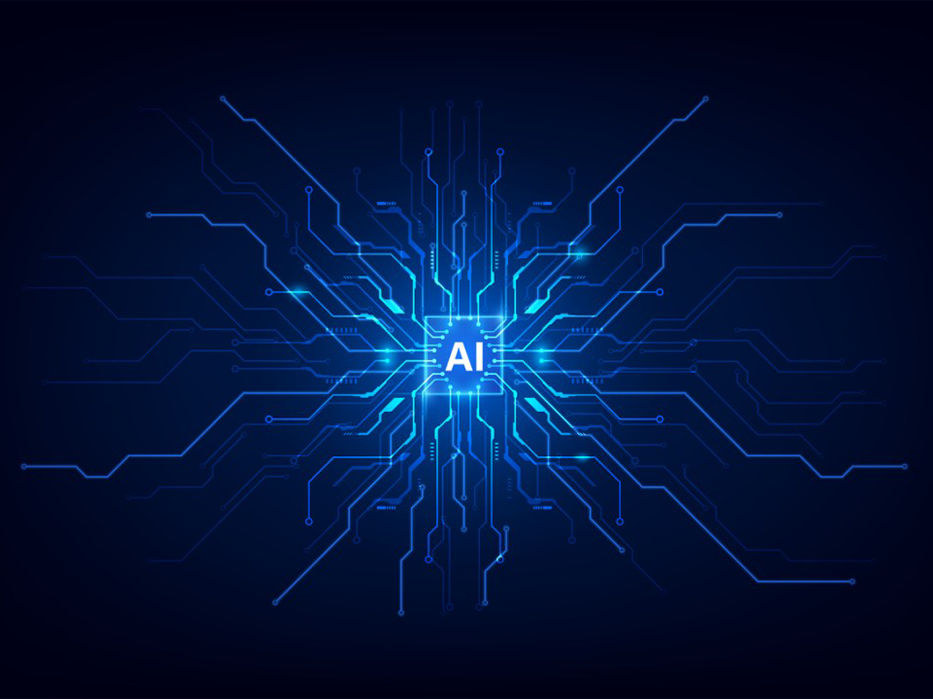1. Communication Revolution:
Information Technology has completely revolutionized how we communicate. The advent of email, instant messaging apps, and social media platforms has made communication faster, more efficient, and more global than ever before. People can now connect instantly across continents, bridging cultural and geographical barriers effortlessly. Video conferencing tools have transformed business operations, enabling remote work and virtual meetings that enhance productivity and reduce travel costs. Additionally, social media has reshaped how we share information, express opinions, and engage in public discourse, influencing social movements and political activism worldwide.
2. Education Transformation:
IT has significantly transformed the landscape of education. Online learning platforms and Massive Open Online Courses (MOOCs) have democratized access to education, allowing students to pursue learning at their own pace and from anywhere in the world. Digital textbooks, interactive educational software, and virtual classrooms provide diverse learning experiences that cater to individual needs and preferences. Educational institutions leverage IT to manage student records efficiently through electronic systems, track academic progress, and facilitate communication between students, teachers, and parents.
3. Healthcare Innovations:
In healthcare, IT innovations have led to remarkable advancements in patient care and management. Electronic Health Records (EHRs) have replaced traditional paper-based records, enabling healthcare providers to access comprehensive patient information securely and efficiently. Telemedicine services have expanded access to medical expertise, particularly in remote or underserved areas, by allowing patients to consult healthcare professionals via video calls. IT also supports medical research and development, facilitating data analysis, simulations, and collaborative efforts among researchers worldwide.
4. Entertainment Evolution:
The entertainment industry has been fundamentally transformed by IT. Streaming services such as Netflix, Spotify, and YouTube have revolutionized how we consume movies, music, and other forms of digital content. These platforms offer personalized recommendations, on-demand access, and a vast library of entertainment options that cater to diverse tastes and preferences. Video games have become a mainstream form of entertainment, integrating cutting-edge graphics, immersive storytelling, and online multiplayer capabilities that connect gamers globally. Virtual reality (VR) and augmented reality (AR) technologies further enhance interactive and immersive entertainment experiences.
5. Commerce and E-commerce:
IT has reshaped commerce by enabling the rise of e-commerce platforms and digital marketplaces. Online retail giants like Amazon have transformed shopping habits, offering a wide range of products that can be purchased conveniently from home or on mobile devices. E-commerce platforms provide businesses of all sizes with opportunities to reach a global audience, optimize supply chain management, and personalize customer experiences through data analytics and artificial intelligence (AI). Mobile payment systems and digital wallets have simplified transactions, making online shopping secure and efficient.
6. Information Access and Knowledge Sharing:
The internet, powered by IT, has democratized access to information and knowledge. Search engines like Google provide instant access to vast amounts of information on virtually any topic, empowering individuals to learn, research, and stay informed. Online encyclopedias, academic databases, and digital libraries offer extensive resources that support education, research, and personal development. Social media platforms and online forums facilitate knowledge sharing and collaboration among individuals with shared interests, fostering communities of learning and innovation.
7. Social Implications and Challenges:
Alongside its transformative benefits, IT has raised significant social implications and challenges. Concerns about digital privacy, data security, and online surveillance have become increasingly prevalent as individuals share personal information and engage in digital interactions. Issues such as misinformation, online harassment, and cyberbullying underscore the need for ethical guidelines, digital literacy, and responsible online behavior. IT’s influence on social relationships, identity formation, and mental health also warrants careful consideration as digital technologies continue to shape interpersonal interactions and societal norms.
In conclusion, Information Technology has profoundly impacted everyday life across the globe, driving innovation, connectivity, and efficiency in diverse sectors. As technology continues to advance, its influence will likely expand, presenting new opportunities and challenges that shape the future of society, economy, and culture. Embracing the potential of IT while addressing its ethical, social, and regulatory implications remains essential in harnessing its full potential for the benefit of individuals and communities worldwide.





